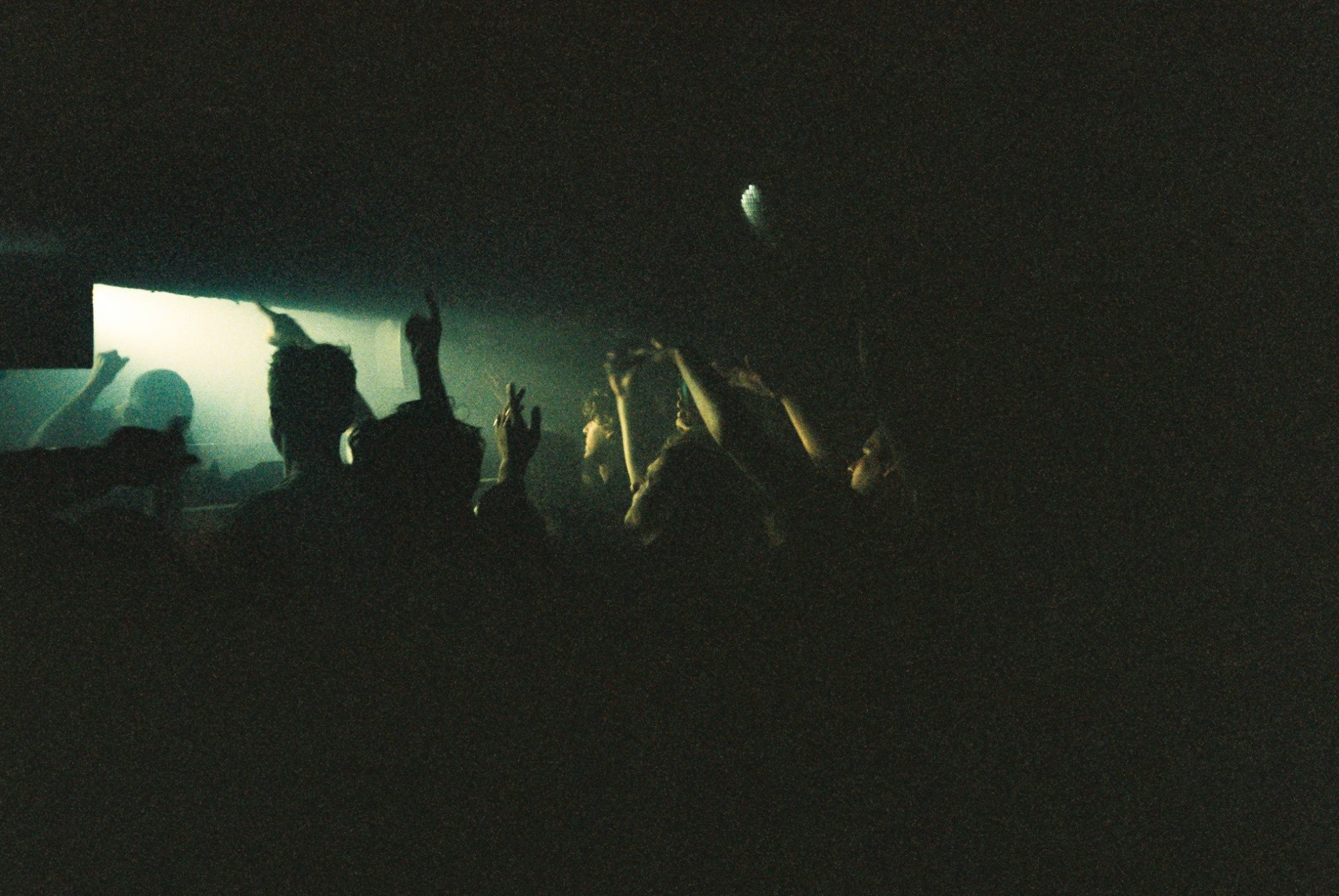 SCENE REPORTS
SCENE REPORTS
A Decade After NZ’s Alcohol Law Reforms, Dance Culture Still Feels the Impact
Writer James Barrett explores the ripple effect that Aotearoa's 'Sale & Supply Of Alcohol Act' has had on its clubbing ecosystem.
In December 2012, the Sale and Supply of Alcohol Act was voted into law in the New Zealand Parliament, with the new regulations coming into force a year later in December 2013. With its foundations lying in a 2010 report from the NZ Law Commission headed by ex-Labour Prime Minister Geoffrey Palmer, the act sought to reduce alcohol-related harm by attempting to restrict the availability and advertising of alcohol. It also empowered local councils to take further control over their local licensing with the introduction of Local Alcohol Policies (LAPs). The act received broad support across the political spectrum based on its perceived benefits to public health and order, facing only limited opposition in parts of the alcohol, hospitality, and music sectors.
The legislation introduced a new nationwide 4AM default closing time for any on-licensed premises, which refers to businesses where alcohol is sold for consumption on-site, such as bars, clubs, hotels, and restaurants. Councils were permitted to adjust these hours under their LAPs, with none opting to go later than the 4AM default. Some councils opted for even earlier closing times – such as Christchurch, the South Island’s largest city, which mandated a 3AM close, and Gisborne, which implemented a 2AM limit. This changed Aotearoa’s clubbing environment overnight. While only affecting a minority of on-license venues, suddenly the nation’s dance music lovers were no longer able to responsibly indulge in the time-honoured tradition of dancing till sunrise in their urban centres.
While supporters of the act argued for the majority of its new restrictions and regulations based on public health improvements, the data has remained unclear as to whether reducing trading hours for such a small minority of venues was effective in countering alcohol-related harm. To some, it felt like policy-making that appeared practical on the surface, but ultimately constituted a direct attack on the foundations of fruitful nightlife cultures in our cities.
Were Aotearoa’s late-hours clubbing institutions, their patrons, and their niche and minority music cultures restricted based on an issue they had little hand in creating? And what has the effect been on dance music culture and its communities in Aotearoa over a decade later?
Central to the support of the legislation were advocates from the health sector, including the New Zealand Medical Association and Alcohol Healthwatch, a publicly funded group disseminating information on alcohol harms. Along with the police, they argued that the restrictions on trading hours would alleviate alcohol-related harm and violent assaults in Aotearoa’s cities. However, the academic research in the years following the passage of the act paints a less clear picture.
Some studies found reductions in assault hospitalisations and police reports of assaults at “times of usually high alcohol involvement”. Others found no overall significant change in the overall level of nighttime violence. One study found the level of alcohol-related emergency department attendance remained consistent compared with pre-legislation levels and was mostly related to alcohol consumed in private settings purchased from off-licence retailers such as bottle stores and supermarkets. Some reports also found the legislation coincided with “a decreasing trend in violence, disorder, and property offences” that began back in 2009, well before the passage of the new restrictions.
Speaking with venue owners, DJs, and nightlife advocates further calls into question the efficacy of trading hour restrictions in countering alcohol-related harm. Rob Warner is a long-standing DJ and NZ dance music figurehead who co-founded Dance Till Dawn in 2014, along with promoter Tom McGuinness in response to the Auckland council’s incoming LAP. In analysing the alcohol sales data in defence of later closing times, it became clear that most drinking was occurring way before the late-night hours in which dance music thrives.
“The argument that earlier closing would make cities safer was contrasted with alcohol sale data, which showed the hours when alcohol was sold in Auckland on-licenses. It skewed hugely toward pre-11PM. Even in the 11PM-12AM period, sales were something like 20 times greater than 3-4AM, which, in terms of alcohol use, shows closing everything an hour earlier really wasn’t supported by much other than police wishes, and lobby groups like Alcohol Healthwatch.”
Perspectives from venues paint a similar picture. Mitch Ryder, one of the owners of Hide in Christchurch, points towards a notable drop off in liquor sales towards the end of the night. “In our experience, alcohol consumption drops off dramatically after 2AM, but being able to offer it for longer in a safe, supervised environment aligns with Christchurch’s very strong dance culture history. Regardless of people's views around alcohol, it is important to remember that it is illegal to serve alcohol to someone who is intoxicated, end of. Let the people dance.”
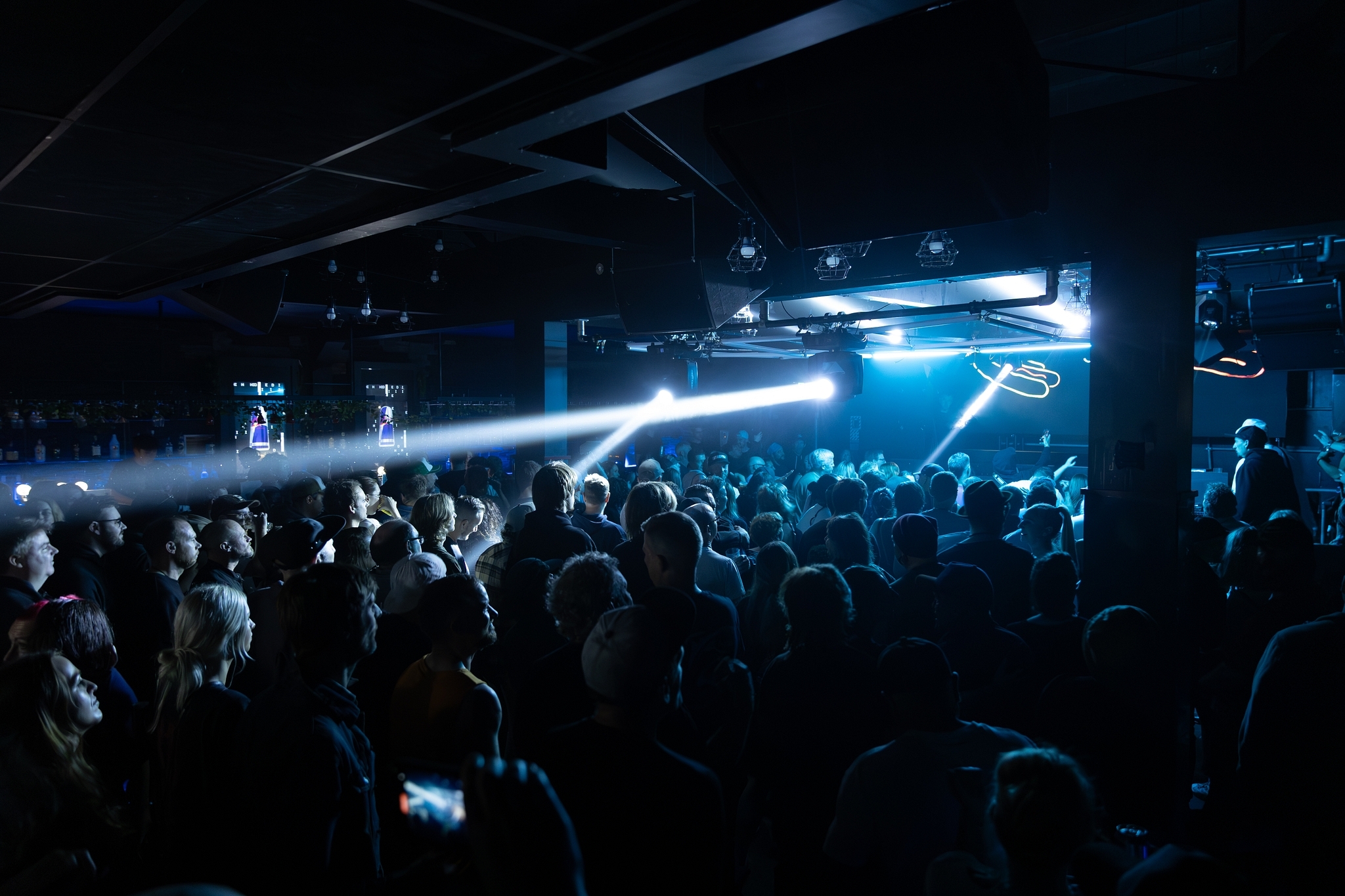
PICTURED: HIDE
Tim Ward, behind Wellington’s b.space club, feels the restrictions pushed drinking into more potentially problematic situations outside of supervised venues. “This shift has driven more alcohol consumption into unsupervised settings like private homes, car parks, and parties, places where larger quantities can be consumed without the oversight of trained staff. After the legislation change, there was an increase in media coverage of preloading and alcohol ban areas in towns and cities across New Zealand. In my view, this reflects the law’s failure to address the real issues around problematic alcohol use.”
“The legislation largely ignored the recommendations of the Law Commission’s report, which was commissioned by the Key-led National Government at the time. That report identified off-license outlets as the primary source of alcohol- related harm, particularly due to their ability to sell large volumes of alcohol to individuals and to 18-year-olds who may still have connections to underage peers at school. Instead of limiting off-license sales, the legislation placed further restrictions on on-license venues, already one of the most regulated parts of the industry.”
Furthermore, many of the music venues most affected by the new limitations on trading hours were those that rarely saw violence as a result of alcohol consumption. Legendary Aotearoa house DJ Greg Churchill, who held a residency at Auckland’s infamous late-night hang-out Ink Bar, told us such incidents were rare both before and after the legislation came in at the parties he played. “Violence was really something we seldom ever saw. You kind of know that the majority of people there had found better ways to enjoy their night, and of course, that's a reflection of the music being played that historically hasn't been so associated with booze. That kind of makes it a claim that venues like Ink, or Whammy Bar, Neck of the Woods, Galatos, fall under the same umbrella that’s different to the norm, and there's no consideration on the part of the police or authorities to create a differential licensing system, which used to exist.”
Anecdotal stories from those who were active in nightlife at the time of the new restrictions point to the 4AM limit potentially leading to an uptick in on-street violence in the immediate period after they were introduced. “If anything, blanket 4AM closing created a pinch point in the night when a lot of people were suddenly going home in a short period of time”, says Rob from Dance Till Dawn. “This caused obvious safety issues in busy places - people trying to get taxis, no public transport. Police on patrol admitted many times that the blanket 4AM closing was bad for safety versus people going home spread out over a longer time period.”
Greg Churchill agrees that the Auckland CBD felt unsafe with patrons all being forced onto the street at the same time. “All they succeeded in doing with reducing the hours was making everyone feel a lot more unsafe, as hundreds of people would be unloaded onto the streets together at the close of trade. If they'd allowed the bars to remain open, it definitely would have created a much more controlled and safer environment for people to leave at their own leisure.”
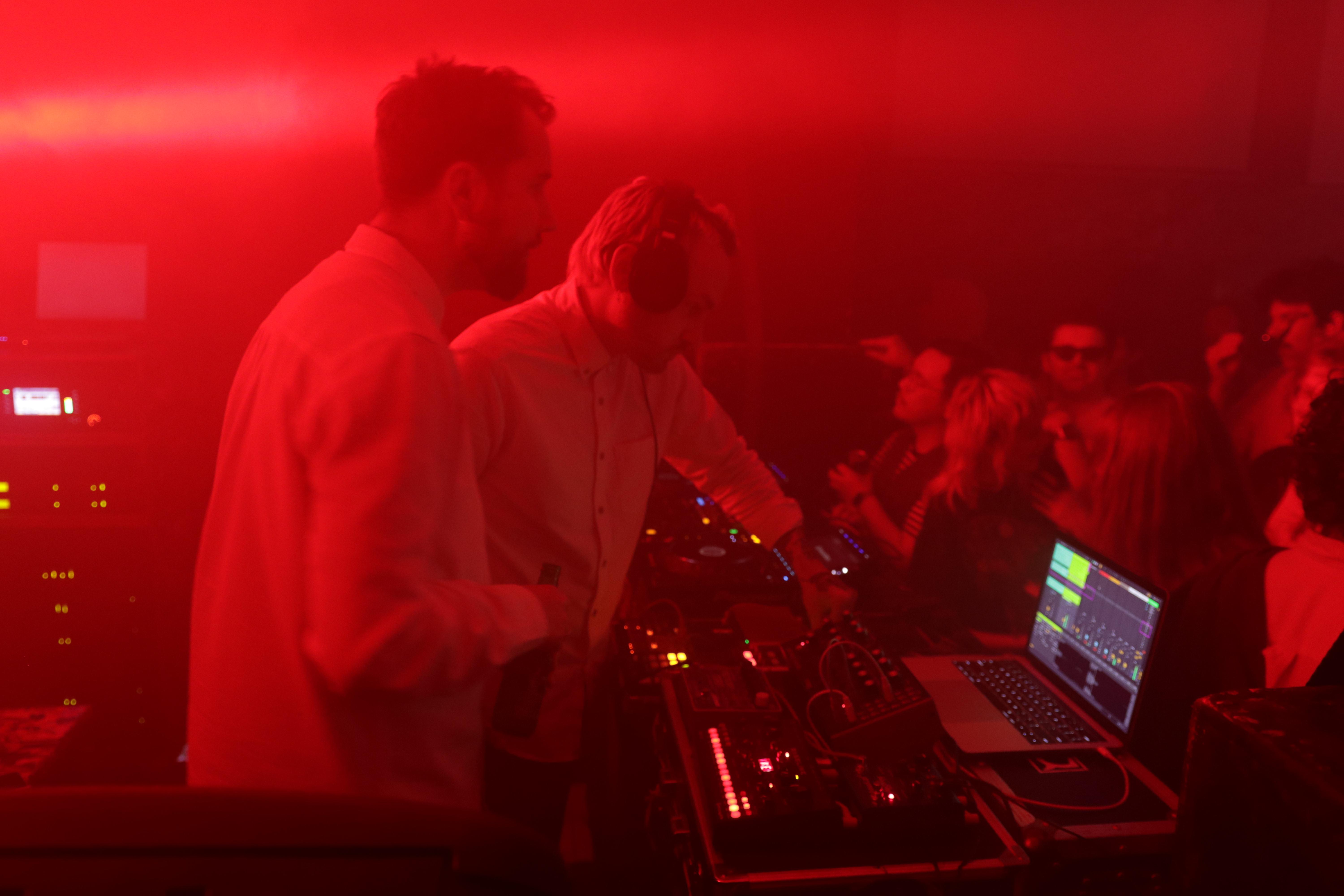
PICTURED: GALAXY BAR
Since the passage of the legislation, use of alcohol and problematic drinking have undoubtedly fallen in Aotearoa; however, this matches with global trends in the majority of English-speaking countries, where alcohol use, particularly among young adults, has fallen, suggesting the decrease in Aotearoa may not necessarily be linked to a reduction in on-licence trading hours.
Given the limited evidence for the effectiveness of reduced trading hours on combating alcohol-related harm, was forcing restrictions on a minority of venues worth it? And what damage have these rules done to these venues, dance music and clubbing culture in Aotearoa?
Read: Venue Spotlight: Galaxy Bar
At the very least, the restrictions led to a decline in income for such venues, resulting in fewer ticket sales, and both alcoholic and non-alcoholic beverages had their operating hours reduced. “The effects were initially quite noticeable in terms of attendance to events - with people being less willing to pay $30, $40 or more to go to events which were now a few hours shorter” Rob Warner recounts. “You could argue that people and scenes have adjusted, and maybe there’s even some positives, but the earlier hours definitely saw a drop in paid gig opportunities with shorter hours each night.”
Matthew Glanville, owner of Christchurch’s Galaxy Bar, highlights the difficulty of reduced revenues across the board for venue owners. “The lease goes up, staffing costs go up, all operational expenses up, with a shorter period of time to bring money in. It has made it very difficult. It’s also unsafe, as you see in many places, that the formula now for going out is to preload, drink hard and fast before the bar shuts, then get turfed out on the street early. On busy nights, it is carnage at 3AM when doors close. There are multiple factors at play, but yes, it has made things more difficult.”
Tim Ward from b.space noticed an immediate change of fortune in Wellington for many venues. “The impact was immediate. Before the changes, Wellington had several clubs that stayed open until 6AM or even 10AM. After the law was enacted, these venues effectively disappeared. The restrictions on trading hours have certainly made operations more financially challenging for late-night venues like b.space.”
He also saw an immediate change to nightlife culture in the capital. “The change marked the end of a vibrant late-night culture in Wellington that stretched back to the late ’70s and ’80s. During my clubbing heyday, there were always 3 or 4 clubs open until dawn or beyond. That scene vanished overnight in 2013.”
Greg Churchill also points to a difficult adjustment period for clubbers in the immediate aftermath of the legislation coming into force. “The hardest part when the legislation came into force was readjusting punters' mindsets. Everyone was used to going out at 1AM, 2AM, 3AM and especially for internationals, the majority of them had traditionally been scheduled for 2AM sets to push through to 4AM. With the likes of Mark Farina or Derrick Carter as well, international DJs that played longer sets, they could be pushing right through till the club would close up at 6AM or 7AM in the morning. Adjusting people's mindset was the greatest challenge I found because people would turn up at 2 or 3 still, and we were forced to close at 4AM.”
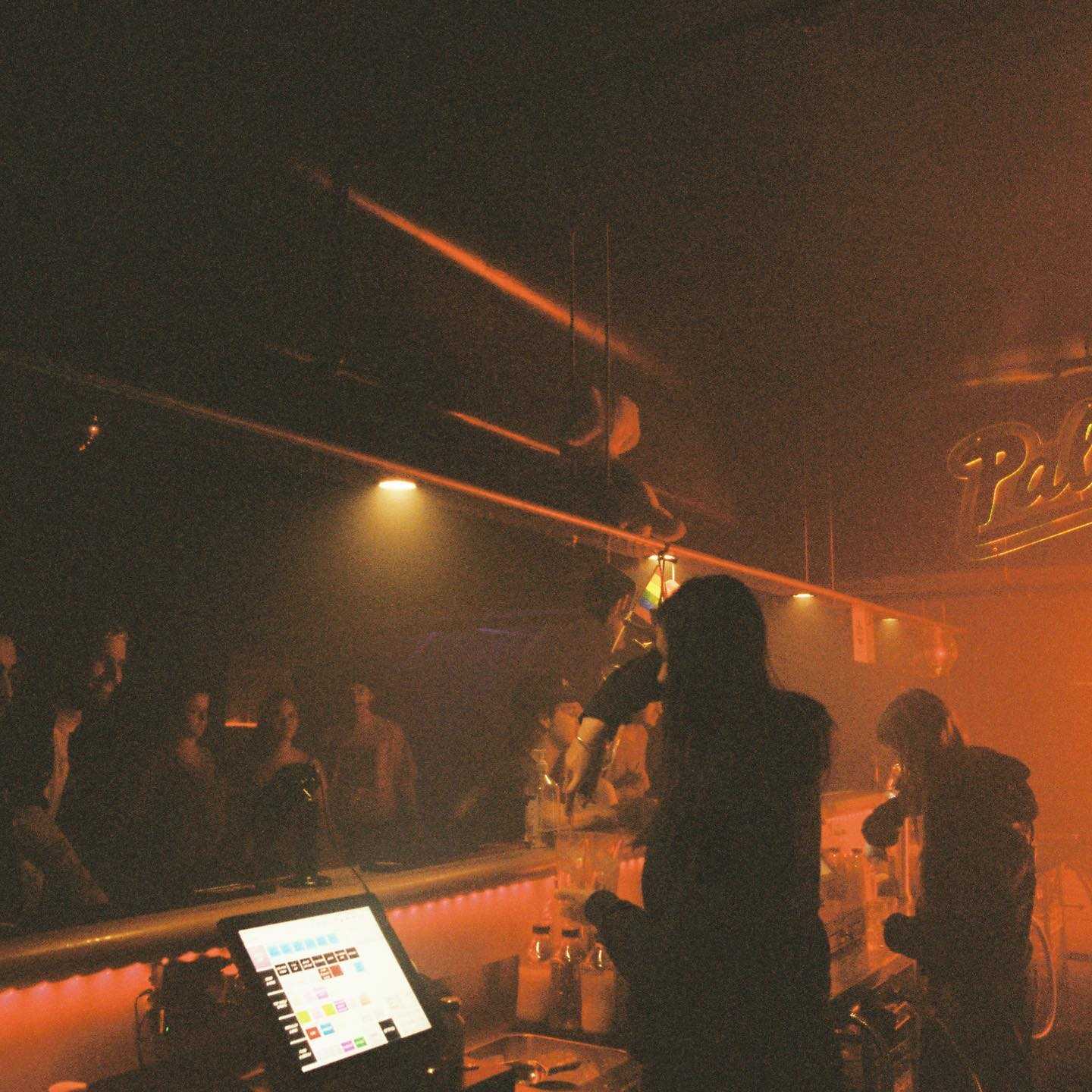
PICTURED: B.SPACE
In the establishment of the legislation and the creation of local councils’ LAPs, it was generally felt that the concerns of these venues and the advocates of clubbing culture were largely not considered. Rob Warner highlights this lack of consultation in discussing his initial engagements with the Auckland Council regarding their LAP. “After a few letters and meetings with various people at Auckland Council to get an idea of their views, it was apparent that they knew very little about the late-night electronic music scene. What they thought they knew was mostly from what they’d been told by organisations who knew little about the music scene and were pushing to restrict hours even further.”
In mostly considering the views of the police, health organisations and pressure groups, electronic music culture was mainly left unconsidered. “It was quickly obvious that they didn’t do any research into electronic music culture and were mostly adopting ideas from overseas, which, when you looked into them, had significant downsides that they skimmed over.” Fortunately, Auckland Council’s policy staff were amenable to the views of the dance music community, and their position shifted away from harsher restrictions, such as even earlier closing times than 4AM and one-way doors.
In the political sphere, it also appeared MPs were not considering of late-night venues or dance music culture in their support for the legislation. Tim from b.space mentions “I remember meeting a friend, a prominent opposition politician at the time, after the vote. He told me he walked into the chamber without knowing what the vote was about and simply followed how his usual group was voting. That says a lot about how low a priority alcohol legislation is for many MPs, and how easily it can be influenced by a small number of individuals.”
Greg Churchill also laments the lack of consideration for dance music culture in how laws are made in Aotearoa. “We've got too many people who don't relate to the fact that people do want to go out and dance to three or four or five or six in the morning. They've never experienced just how amazing it is walking out of a club and the sun's coming up, and that overwhelming sense of tiredness. These are the wrong people to make these choices on our behalf, just as the police in no way will ever make or push legislation that is in favour of people staying out later.”
Given the limited health benefits and cultural damage attached to the limiting of venue opening hours, is there any way forward for the legislation to be amended and improved upon for Aotearoa’s late-night dancers?
Rob Warner has his doubts. “I would say, no. Not at the national level, at least. No council will be able to get extended closing times passed in a future LAP for the reason that 4AM to 95% of people sounds like a very late night already. Making a good case for later, one that will be accepted, seems an impossibility. A future government is just as likely to revisit the legislation and shorten hours even further. As above, extending them would be hard for them to justify to voters.”
It is also notable how the recommendations from the 2010 NZ Law Commission report that were eventually signed into law were those that wouldn’t cause too much damage to the wider alcohol industry. Rob Warner notes “recommendations which were free to implement and populist, such as changing closing times for nightclubs by a few hours, were the main ones that were adopted. The much better evidence recommendations, such as curbing RTD availability, greatly reducing off-licence hours, or increasing the per unit or excise taxes on off-licence alcohol, were all rejected outright.”
Furthermore, a recent Cabinet paper leak regarding potential new reforms to the Sale and Supply of Alcohol Act showed the Associate Justice Minister in charge of the changes decided not to implement reductions in the hours bottle stores and supermarkets could sell alcohol. This is despite there being a strong correlation between reductions in off-license trading hours and reductions in violent crime. Instead, the reforms were shelved in order to focus on changes that would be more friendly to the domestic alcohol industry. This begs the question – how concerned are our politicians with effectively reducing alcohol-related harm in the face of powerful alcohol-industry lobbying? Would they rather score easy, populist political wins that don’t properly tackle the issue, while simultaneously damaging cultures they don’t perceive as being important to their voters?
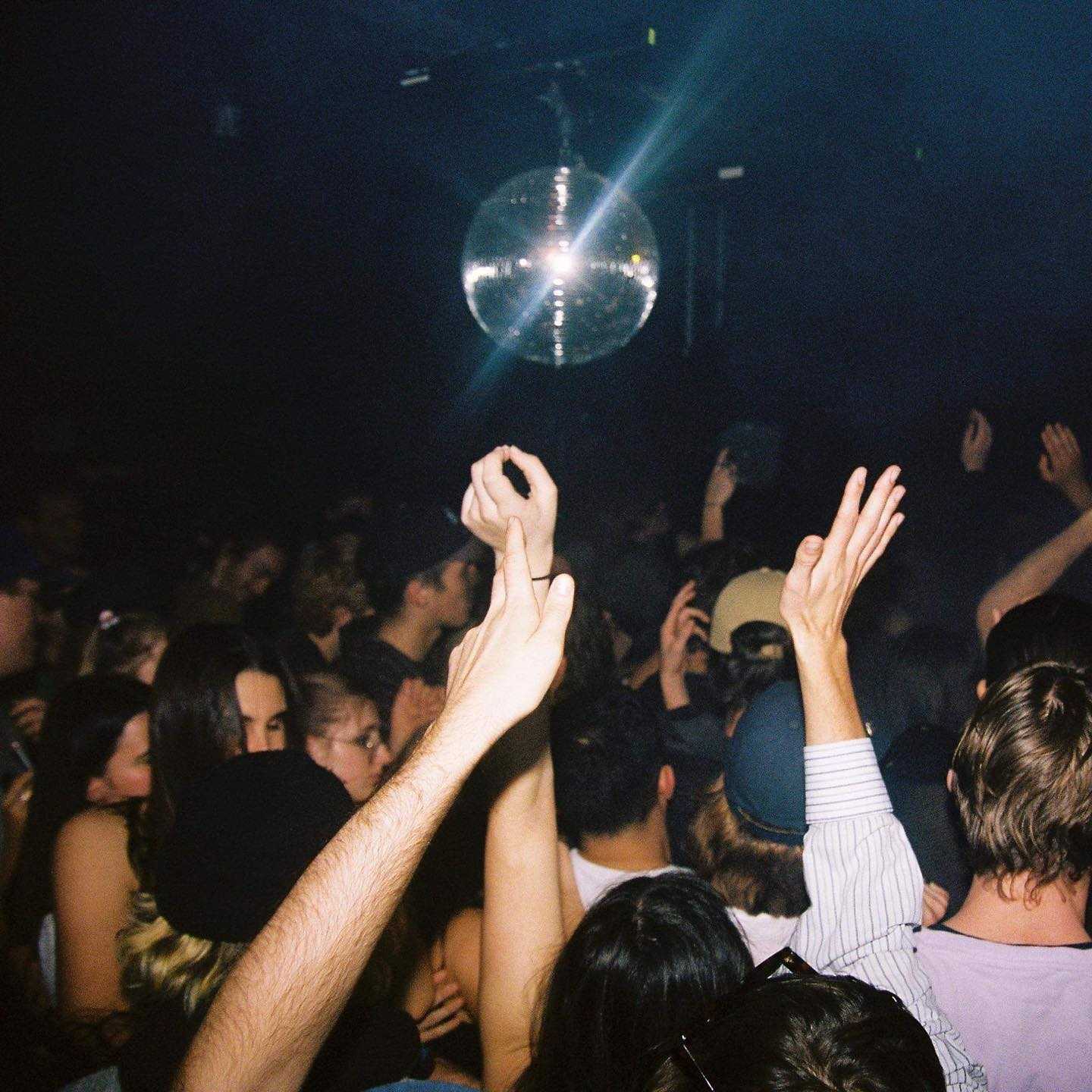
PICTURED: B.SPACE
Evidently, the political question behind liberalising the restrictions placed on venues is a challenging one. Looking outside of the borders of Aotearoa, it has been difficult to push politicians to support extending opening hours elsewhere in the world, with Irish nightlife advocacy group Give Us The Night having struggled for years to see their hours extended, even after government promises to do so.
Everyone talked to in this article felt that the current laws around trading hours in Aotearoa constitute an unhelpful blanket approach to legislating around nightlife that does not make allowances for alternative nightlife experiences. Tim from b.space feels, “If venues could choose their own trading hours, there would be more room for unique offerings and innovation. As it stands, the national 4AM closing time has created a homogenised late-night scene, mostly revolving around shots and pop music. People’s habits have evolved, and the one-size-fits-all approach no longer reflects what’s needed. Giving responsible, culture-focused venues the ability to operate more flexibly would allow for a richer, more diverse nightlife experience.”
Matthew from Christchurch’s Galaxy Bar feels there should ideally be allowances made for responsible operators. “I think they could expand on the criteria that sees you achieve an entertainment license and create more lenience for these license holders – set the bar high, enable them to operate outside of the general rules and reward operators that have a good track record. At Galaxy, the income from alcohol sales is the least income after arcade gaming, event admission fees and food sales. My ideal would be that those that stay true to the spirit of the act, show a commitment to host responsibility that goes over and beyond, should be rewarded with trust.”
This all points towards a potential necessity for the conversation around opening hours to be reopened. Despite the restrictions and difficulties linked to cost-of-living, Aotearoa’s nightlife and dance music culture is currently holding strong. It is an important contributor to the national music industry, which contributed $451 million to GDP in 2023. From the explosion of indigenous and POC-led LGBTQI+ nightlife across the country, to the revitalisation of Christchurch’s dance music scene following the difficult post-quake years, there are multiple fertile undercurrents in Aotearoa’s electronic music communities right now that would thrive with a liberalising of the current laws. Can we organise properly to turn this into a reality? Only time will tell.
-
James Barrett is a freelance writer, also DJing and producing under the name Keepsakes. Follow him on Instagram.


